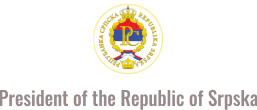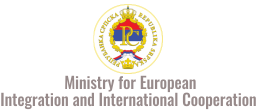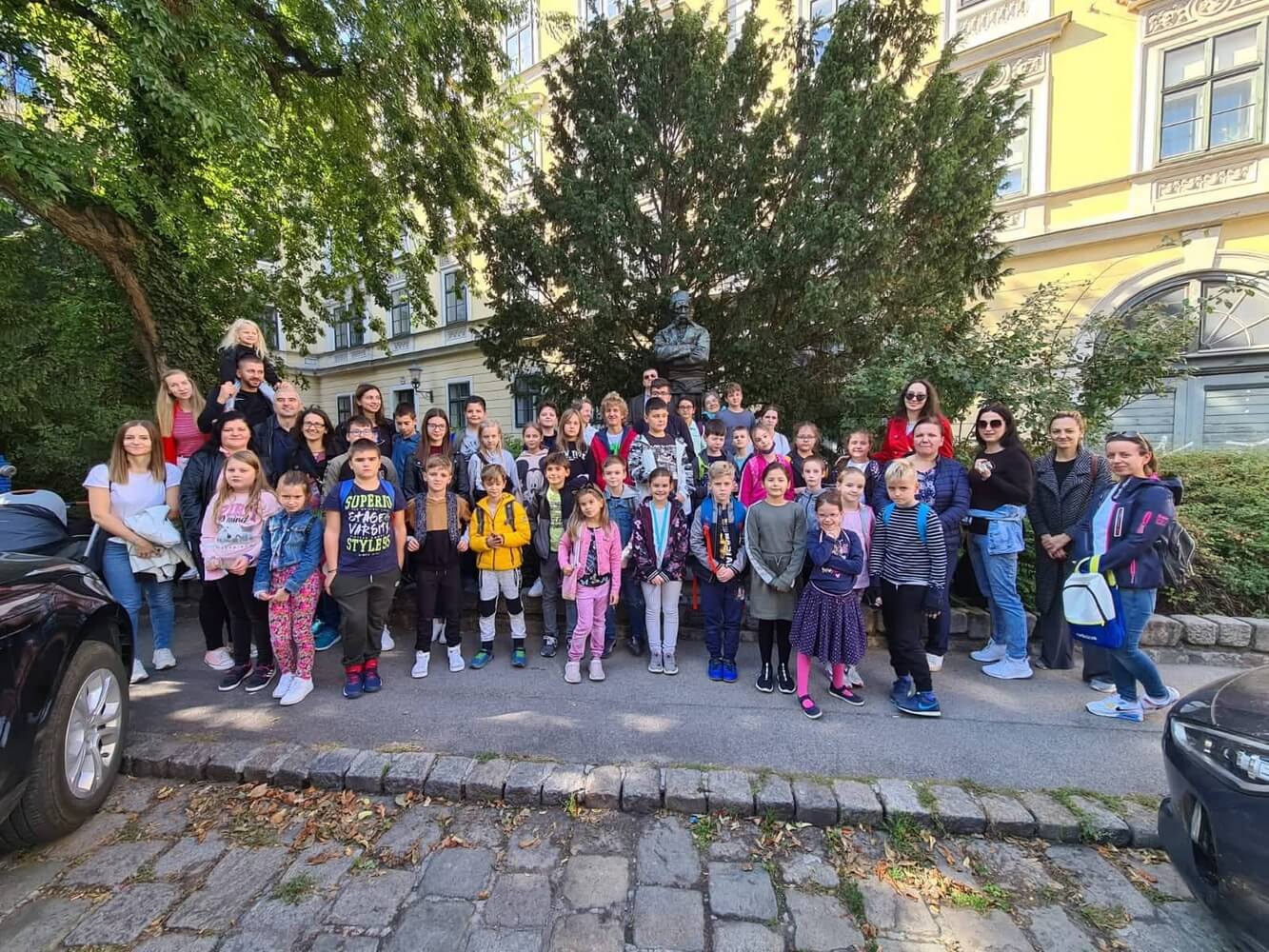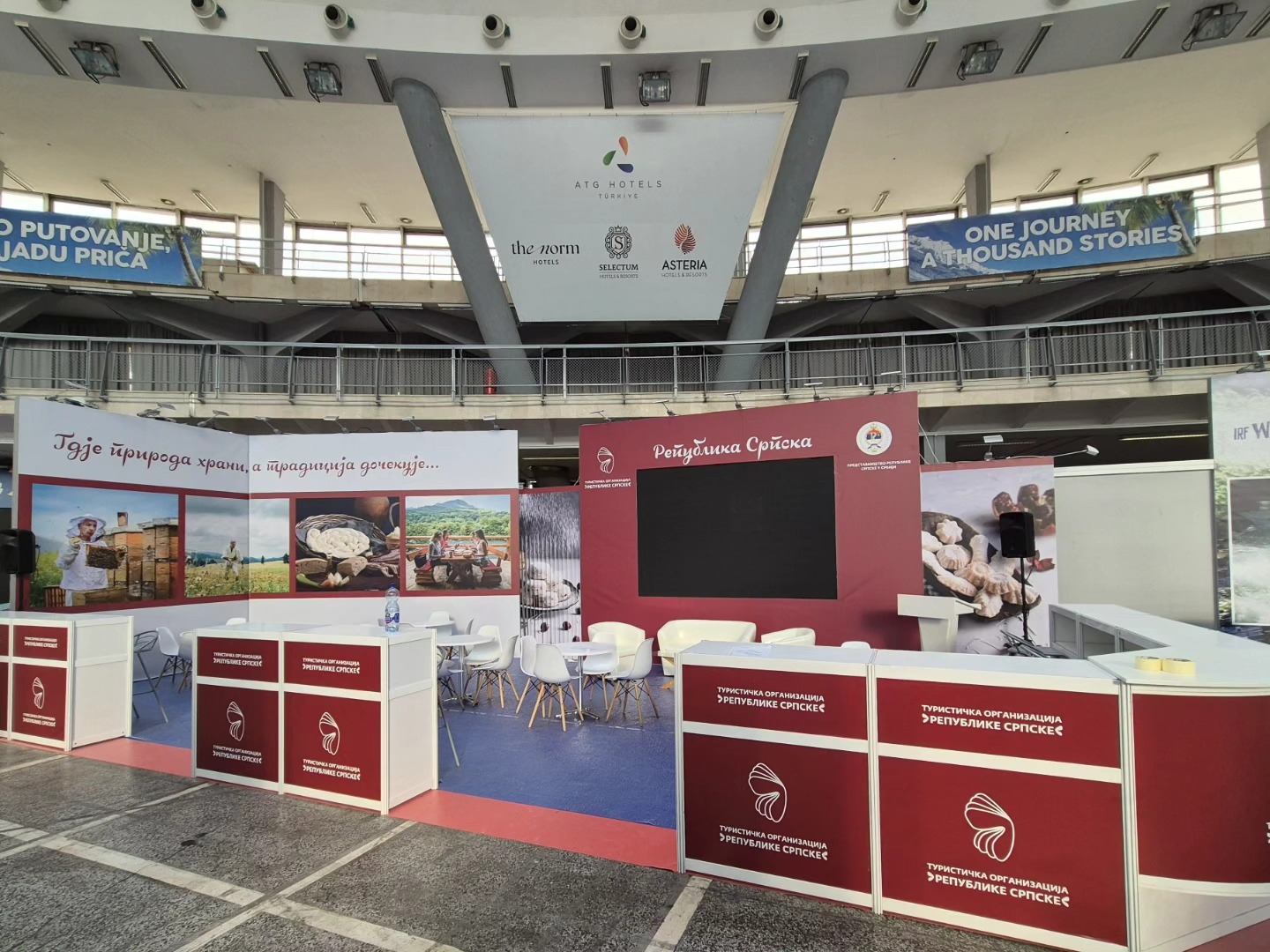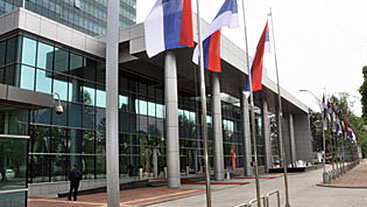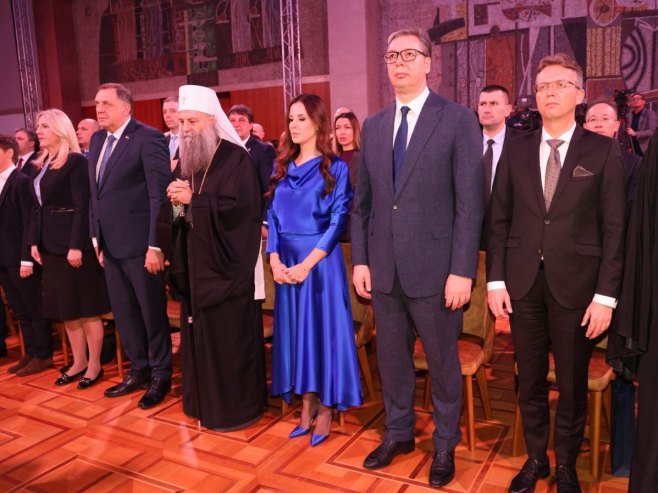Ten years, thirty schools with almost a thousand students, thousands of students thus far, a lot of work, sacrifices, efforts, exceeded only by the satisfaction and pride in the success, duration and reach of Prosvjeta’s supplementary schools in Austria, about to mark the first decade of operation this year.
‘Prosvjeta’s Serbian schools are important primarily for our children, but also because they operate throughout Austria and demonstrate that unity, wisdom and hard work bear good fruits and that this is the best example for all Serbs in this country that it is possible to be unique and change things for the better and for the common benefit’ – says prof. Srđan Mijalković, the founder and head of Prosvjeta schools, and adds: ‘There is a lot of talk about the preservation of our language and alphabet, our culture and tradition, and since the beginning we have tried to do everything possible through our example and concrete, systematic and self-sacrificing work for a huge number of our children in Austria to learn their Serbian language, but also the history, culture, geography, and cultural peculiarities of their people. This difficult time shows us how important it is to preserve identity, tradition, family values and provide children with stability and self-confidence, and even more knowledge and awareness of belonging to their culture and respecting all others.’
The idea to launch a Serbian supplementary school in Austria had emerged earlier, but it was only with the establishment of Prosvjeta in 2011 that the conditions were created to start its realization. ‘Already at the beginning of 2012, as the president of Prosvjeta, I initiated a meeting with representatives of our church, the embassy, our organizations and prominent people. The idea was met with enthusiasm. Schools were the solution. I decided that Prosvjeta should start this venture alone, the management of the Society supported me, and we received the first and most important support from our church, from the Viennese temple of St. Sava, whose elder was Father Krstan Knežević, and it was in the premises of the church that we opened the first school. Later, other Viennese churches followed and opened their doors and I am happy and grateful that even today, with the beautiful and significant support of our bishop Andrew and the clergy, our schools find open doors and any other assistance in all churches throughout Austria.’
Prosvjeta extends special gratitude for the extraordinary cooperation and school network development to the Directorate for Cooperation with the Diaspora and Serbs in the Region and its director Arnaud Gouillon. There is also great support from the Serbian Embassy in Vienna and Ambassador Nebojša Rodić, there is also collaboration with the Srpska Representation and Mladen Filipović, as well as important fraternal cooperation with many associations throughout Austria, the absence of which would make this success impossible!
Anyway, the Austrian network of Serbian supplementary schools today has almost 1,000 students in thirty schools, including Mala pričaonica (little speaking rooms) for preschool children and Prosvjeta’s Mali hor (little choir), a special school for musically gifted children. The team of Prosvjeta schools counts about fifty people, about thirty of whom are the teaching staff. The schools operate according to a program adapted as recommended by the Ministry of Education, Science and Technological Development for teaching in the diaspora, and Serbian is taught in both the ekavian and ijekavian pronunciations. Lessons cover Serbia as much as Srpska.
‘I am extremely proud of the dedication and commitment of our teaching staff. They achieve great results under difficult circumstances. The number of children is growing, more and more people in Austria realize the importance and necessity of these schools. Especially in the fight for a better status of our people and our language in Austria, and that fight has been going on since the foundation of the school. The language issue is key for our survival in the diaspora, and Austria has imposed the so-called BCS language as a kind of newspeak, which is not acceptable to our citizens and our children. Prosvjeta was alone in this fight for a long time, but in recent years there has been a noticeable increase in the awareness of our people, who are slowly starting to understand how important the right to their own language is and how important it is to protect themselves from assimilation and loss of indigenous culture and traditional values’, continued Mijalković.
The central celebration of the tenth anniversary of Prosvjeta schools in Austria will take place in the autumn.
Mijalković says: ‘Let us celebrate together and then continue the fight for the education of our children, for the Serbian language and a better status for all of us. The network of Prosvjeta schools in Austria is progressing and growing. As its founder and manager, as a professor of the Serbian language, but also as a parent and a person, I invite all our associations to cooperate. Especially in Vienna, but also beyond. Look at the good examples of cooperation in Linz, Graz, Salzburg, Wels, Enns and Steyr, Tyrol and Vorarlberg, Gmunden and Braunau, etc. Let every club find room for Prosvjeta schools in addition to other programs, let our children learn the language, Cyrillic, history and everything that is important. So let us work together in the coming years, because these are not only Prosvjeta’s schools, they are the schools of all of us. And, remember, of our children’.
Source and photo: Serbian Educational and Cultural Society PROSVJETA AUSTRIA
